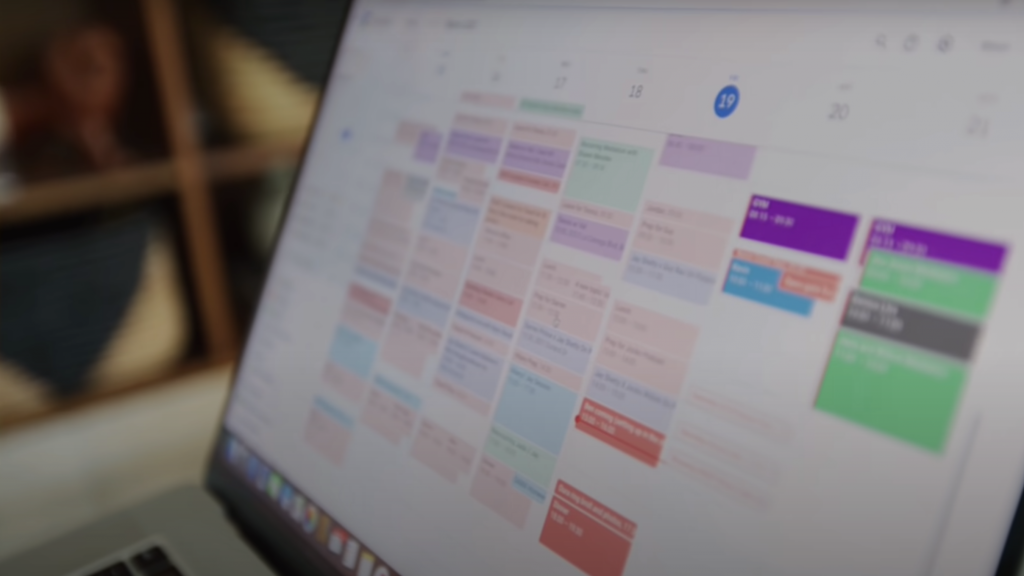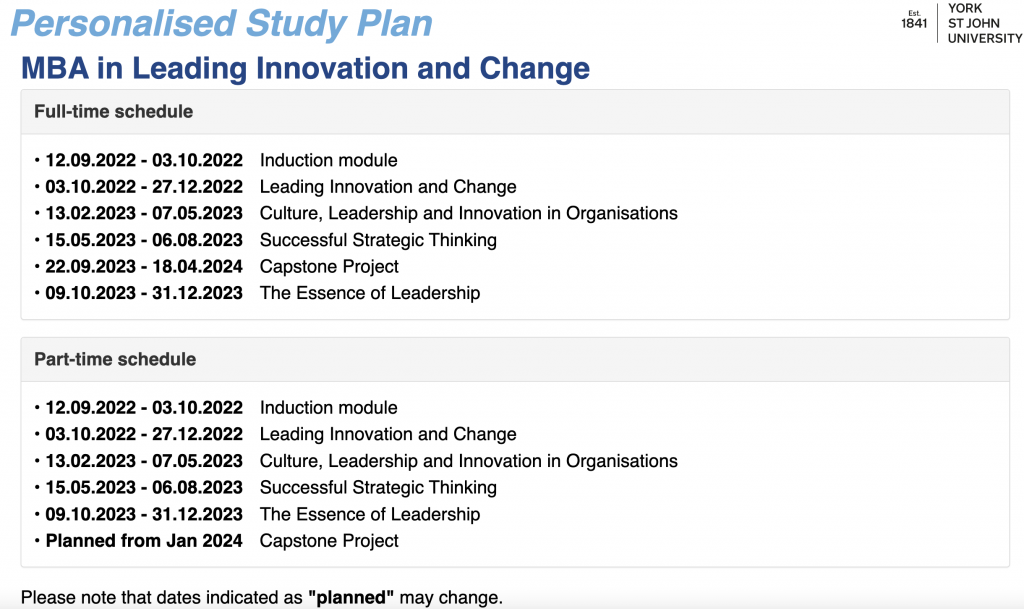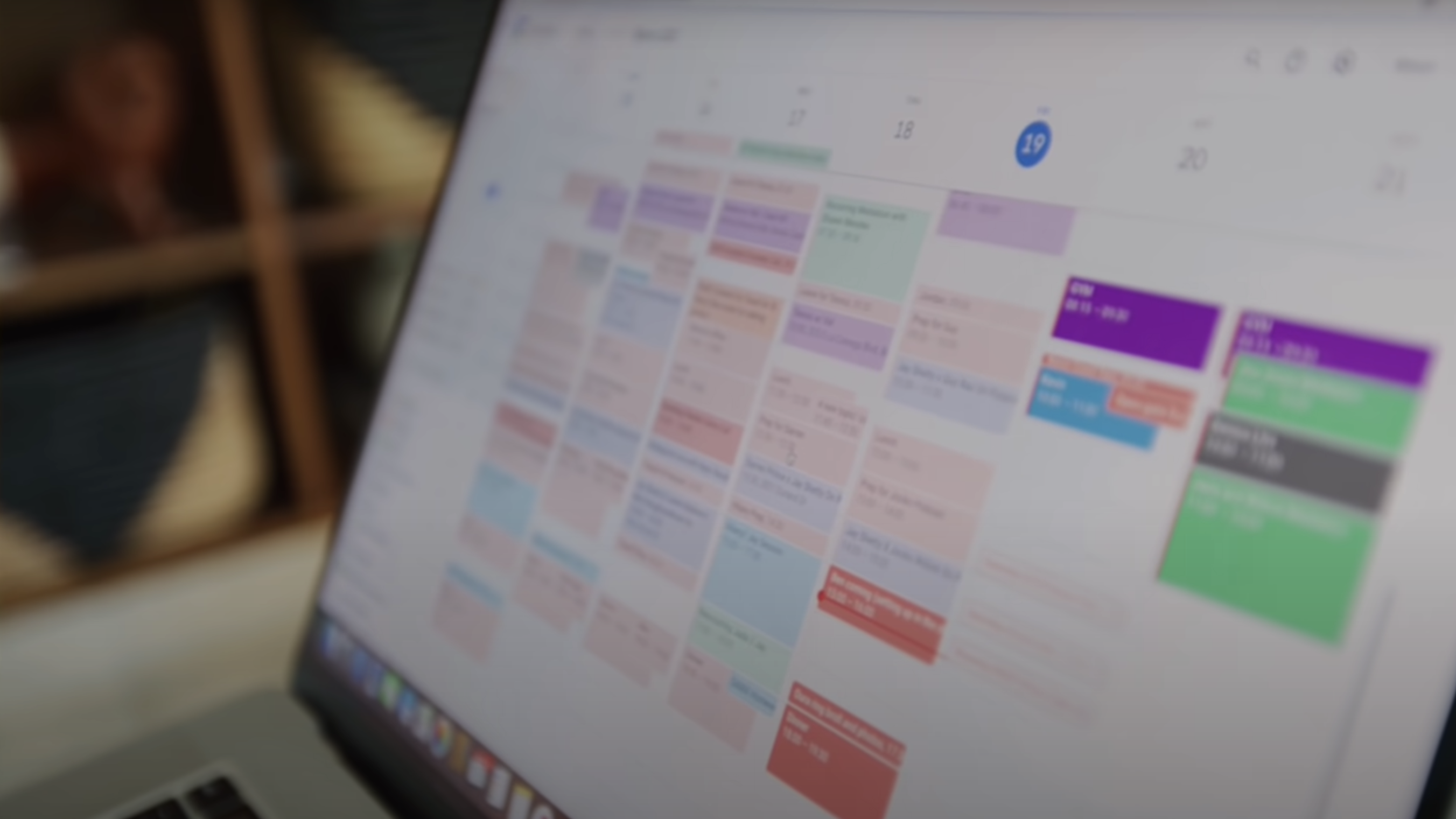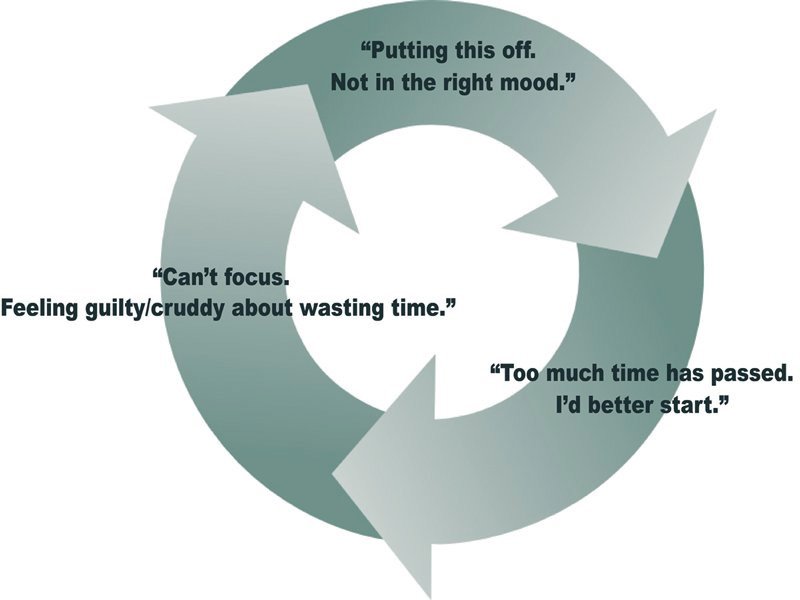The beginning of a new year offers a fresh opportunity to reassess your goals and chart a path toward academic success. Whether you’re a university freshman navigating the challenges of college life or a
mature student looking to enhance your academic performance, setting smart and actionable resolutions can make all the difference.
This guide will walk you through the steps to build a smarter academic future.
Reflect on Your Past Year
Before you set new resolutions, take a moment to reflect on the past year. What were
your biggest achievements? Where did you struggle? Understanding your strengths and
weaknesses ( areas of improvement ) will help you create more effective goals.
Ask Yourself:
o What worked well for me academically?
o What challenges did I face?
o How did I manage my time and energy?

Set SMART Goals
To build a successful academic future, your resolutions should be SMART: Specific, Measurable, Achievable, Relevant, and Time-bound. For example:
- Vague Goal: “I want to get better grades.”
- SMART Goal: “I will improve my GPA from 3.0 to 3.5 by the end of the spring semester by dedicating 10 extra hours per week to studying and seeking help in challenging subjects.”
Break your goals into smaller milestones to track progress and stay motivated.
Prioritize Time Management
Effective time management is crucial for academic success. Use tools like planners, apps, or digital calendars to organize your schedule. Allocate time for:
- Classes and Labs: Ensure you’re punctual and prepared.
- Study Sessions: Block out regular, distraction-free study time.
- Self-Care: Balance your academics with rest, exercise, and hobbies.
Pro Tip: Follow the “Pomodoro Technique,” where you focus for 25 minutes and then take a 5-minute break. This can improve productivity and prevent burnout.
Build Strong Study Habits
Good study habits are the foundation of academic success. Here are some strategies:
- Active Learning: Engage with the material by summarizing notes, creating mind maps, or teaching the concepts to others.
- Consistent Review: Don’t cram! Review material weekly to reinforce learning.
- Seek Help Early: Don’t hesitate to approach professors, teaching assistants, or tutors when you’re stuck.

Stay Organized
An organized student is a successful student. Keep track of your assignments, deadlines, and exam dates. Use tools like:
- A physical or digital planner.
- Note-taking apps like Notion, Evernote, or OneNote.
- Cloud storage (e.g., Google Drive) for easy access to study materials.
Develop a Growth Mindset
A growth mindset is the belief that abilities can be developed through dedication and hard work. Embrace challenges as opportunities to learn rather than obstacles to fear. For instance:
- Replace “I’m bad at math” with “I’m working to improve my math skills.”
Celebrate progress, not just outcomes

Expand Your Skills
Beyond academics, consider resolutions that enhance your personal and professional growth:
- Learn a New Skill: Take up coding, public speaking, or a new language.
- Network: Attend workshops, career fairs, or join clubs to build connections.
- Volunteer: Contributing to your community can develop leadership and teamwork skills.
Prioritize Wellness
Your physical and mental health significantly impact your academic performance. Incorporate resolutions that focus on wellness:
- Get Enough Sleep: Aim for 7-9 hours of quality sleep each night.
- Exercise Regularly: Even a 30-minute walk can boost focus and mood.
Practice Mindfulness: Activities like meditation or journaling can reduce stress

Monitor and Adjust
Resolutions are not set in stone. Regularly review your progress and make adjustments if needed. If a goal isn’t working, identify why and revise your approach.
Check-In Questions:
- Am I on track to meet my goals?
- What barriers am I facing?
- What can I do differently to stay motivated?
Celebrate Achievements
Lastly, celebrate your successes—big or small. Rewarding yourself for achieving milestones can reinforce positive habits and keep you motivated throughout the year.
Building a smarter academic future starts with intentional planning and consistent effort.
By setting clear goals, fostering positive habits, and prioritizing your well-being, you’ll be empowered to embrace the challenges of the new year and unlock your full potential. Remember, progress takes time—stay patient and keep moving forward.
Here’s to a year of growth, learning, and success!
If you want to do an online degree programme in 2025, explore several specialized master’s/bachelor’s/PhD degree programmes that Robert Kennedy College offers through exclusive partnerships with top British universities. You could also chat live with our team of Education Advisers on WhatsApp, who can have a look at your profile and give you some advice.
If you have already made up your mind, click here to apply.
















